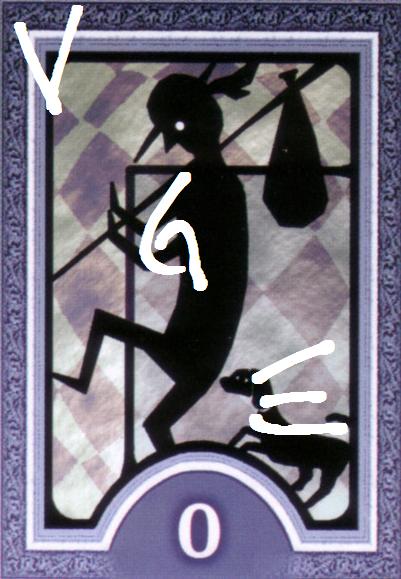
Series
There are so many games that I want to mention that I decided to mention gaming series instead. This way, I can talk about a lot of games without having to repeat myself constantly. Please note that these are not the only series I enjoy, but I could not possibly list them all without some serious commitment to working on this site. So, without further ado, here are my current top 5 video game series.
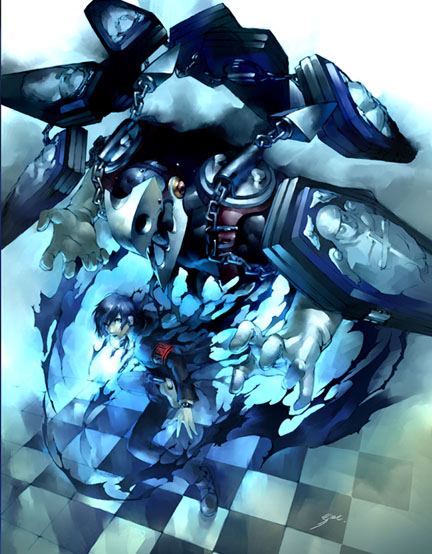
The Shin Megami Tensei series is Atlus's long-standing Japanese RPG series known for its controversial storylines and unique gameplay. What do I mean by controversial? Well, how about using ritualistic suicide to gain power? Learning to accept homosexuality as a natural part of yourself? Fighting off the second coming of Hitler? Being chummy with Lucifer and overthrowing Yahweh? Negotiating with demons instead of just killing them? Yes, for those looking for some controversy in their games with a lot of theology, the Shin Megami Tensei series is the way to go. The Persona spin-offs are especially notable to me, however, especially Persona 3 and Persona 4. These games are based around high school students who, through supernatural circumstances, must face their darkest fears to summon their "Personas," spiritual representations of their goals, hopes, and fears. More often than not, these Personas are gods, demons, and mythological beings from a wide variety of religions and beliefs. Social Links are also a prominent part of the game, where your power is determined by the relationships you build. Due to the time-based structure of the games, it is a balancing act between battling Shadows (the name for the supernatural enemies in the games) and going to school to build Social Links. Each protagonist in the series is voiceless, but it is amazing how they could convey such a depth of thought and emotion through gestures and actions alone. For those who speak Japanese and are astute, the title of "Shin Megami Tensei" roughly translates to "the awakening of the goddess" and this is always relevant to the plot. I personally think it is part of the fun, to try to understand how the plot works out in the context of its title. Trust me, the series is way better and far more epic than I am making it sound.
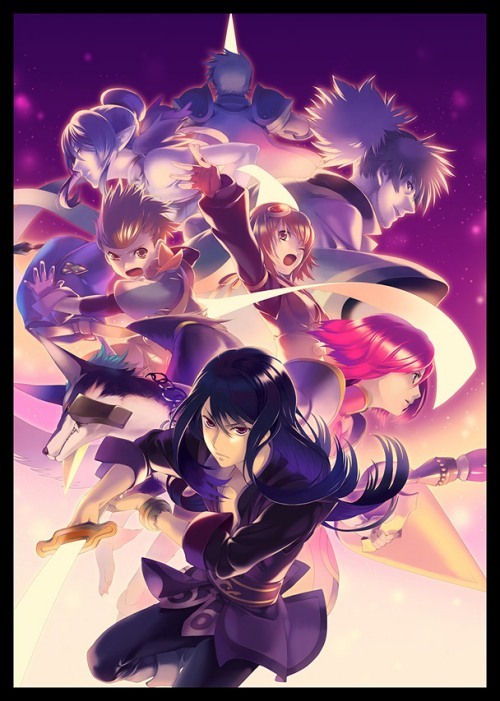
Namco (now known as Namco-Bandai) has what I consider to be one of the best RPG series in existence, the Tales series. These games are generally a magnificent balance of heavy characterization, exotic locales, great storylines, long playtime, and exciting real-time combat. The fact that they keep increasing the replayability of their games with things like carry-over stats and bonus items doesn't hurt either. It also doesn't hurt that their games always look beautiful and that their localization team actually takes care to provide great voice-overs. In other words, just because it began as a Japanese game doesn't mean that the English will be butchered (unlike so many other games I can think of). Throw in a good helping of side-quests and many optional skits, and you've got a bunch of very finely-polished RPGs. Furthermore, hardcore fans of the series are generally well-rewarded, with numerous in-game references to other games in the series and a couple of games that actually combine the game universes together. Not only is the Tales series a great series by RPG merits, it seems like the development team actually cares about the people who play them. Arguably, the Tales series is the only series that I know of that has many games and still manages to improve whenever a new game in the series comes out. The ones that I can recommend the most are Tales of Symphonia, Tales of the Abyss, and Tales of Vesperia. It's just a shame that they're often overshadowed (by word-of-mouth, not quality) by series like Final Fantasy or Dragon Quest. Still, despite their lack of deserved spotlight, for whatever it is worth, they have my admiration and appreciation, as well as any of my internal organs (should they ever want them).
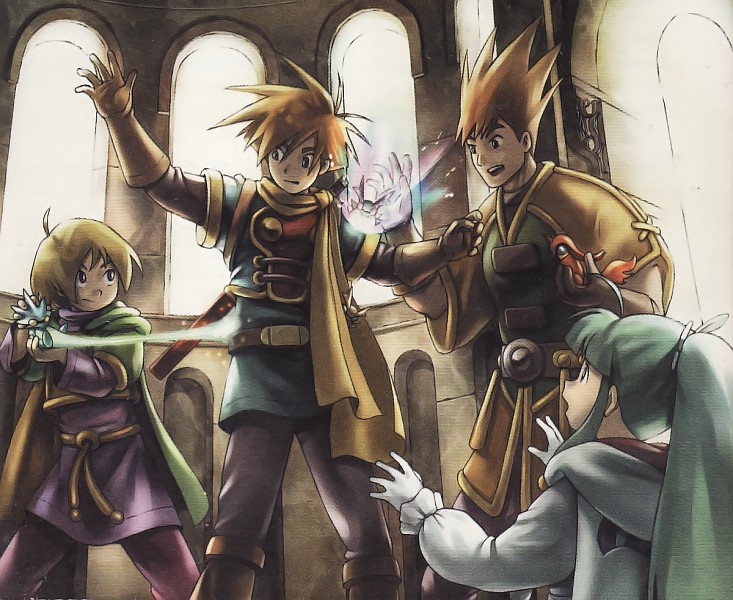
Ah, nostalgia. There are only two games in the series right now, but it was enough to blow my mind apart. Golden Sun was the first RPG that I have ever played and completed, and I could not have picked a better one. Although it was designed for the Game Boy Advance, it featured impressive and colorful sprites, well-composed pieces, quirky characters, and a story that was experienced more than it was told. Its combat system felt tight, its dungeons were interesting, and, best of all, for a game of its scope (not length, because it was admittedly a little short), there were no loading screens. To me, a young person still naive to the gaming world at large, it was love at first sight, and it is a love that remains with me to this day. I would sit and play this game for hours, often forgetting to use the washroom and making an unsightly mess wherever I sat. Every few hours, I would save the game, turn off my Game Boy Advance, and quietly contemplate the magnificence that I had just experienced, regardless of the mess currently in my pants. I am not sure that I am not the only one who loved the Golden Sun series this much; although Golden Sun is not a big-name RPG series, its fanbase has been known to be extremely dedicated to the game and to have grown in a relatively short period of time. I also must give a special shout-out to its promotional art, which was good enough to make me obsessively hunt the Internet for every last piece of it. There wasn't much, but what I did find inspired me for years with ideas about storyline conventions, party relationships, and promotional materials. Rightfully, when Nintendo announced a new Golden Sun game for the DS system after the series went through a 5-year hiatus, I pooped myself from sheer excitement. Now, every time I feel stressed or sad, I think of this upcoming game, poop myself with excitement, and think to myself that all is right in the world.
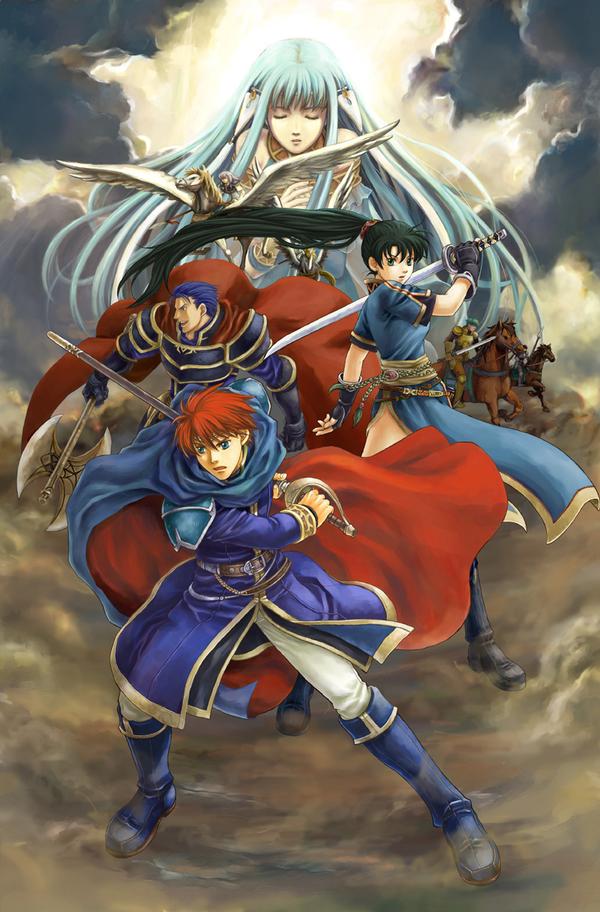
Fire Emblem, how I love you! Published by Nintendo, it is perhaps the greatest marriage of turn-based strategic combat and role-playing elements that I have ever laid my eyes upon. The Fire Emblem series is known for its difficulty and its awesome artwork. Its difficulty is due to its inability to save between chapters, permanent deaths, and randomly-generated stat increases. What does this all mean? It means that players cannot just spam save points to advance the game (it has an auto-save an auto-load feature when you shut the game on or off), which means that victory is through your tactical prowess and not "save-inching" though the campaign. It also means that you cannot send your units on suicide missions unless you want to play without that character for the rest of the game. The problem with characters dying is that, unlike many other turn-based strategy games, you care for your characters because they have distinctive personalities and they can form relationships with your other units. When your characters level up, each of their stats has a certain chance of increasing rather than a certainty of increase. This can leave your character underpowered or overpowered, depending on the whims of fate. Among other things, this makes Fire Emblem great for multiple playthroughs, because each character feels somewhat different for each playthrough. These three things may deter some players, but for others, it provides a unique and interesting challenge that no other game (let alone series) really provides.
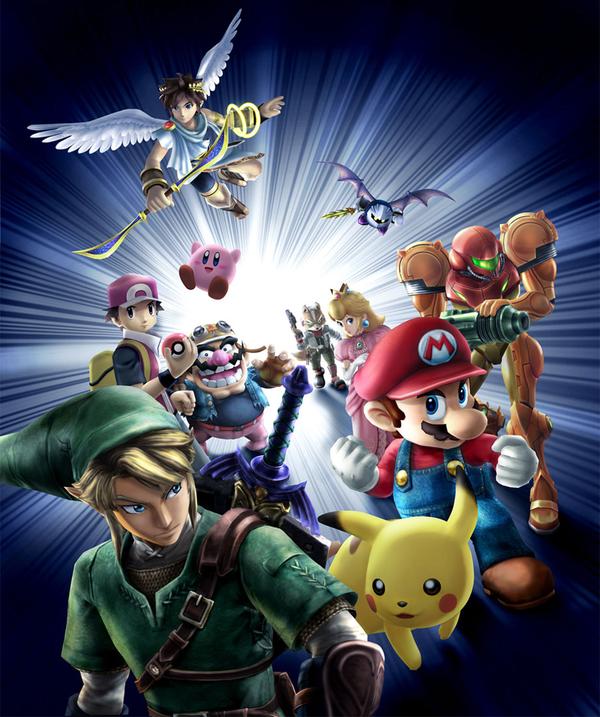
This is interesting, isn't it? Every other series I mentioned on this page is either a RPG or has RPG elements in it, but this series has none of that. It is a series in the fighting genre, a genre which I am rarely enthused about. What makes this series different? Well, to be honest, nearly everything. Each Super Smash Bros. game is partially a tribute to Nintendo's rich and diverse history and partially a fighting game that has not been successfully replicated by anyone else. These games are fully of nostalgic goodies, with such wonders as trophies, biographies, music, characters, and stage designs based on Nintendo's past endeavors. An interesting side effect of this is the resurgence of interest in Nintendo's properties. For instance, the Fire Emblem series finally reached North American shores after being a Japan-only series for many years, due to the popularity of their characters in Super Smash Bros. Melee. In short, it is a game that also functions as an effective advertisement, something that so many other games have failed at. It's not all just pomp for the series, however. As a fighting game, it does extremely well, with a knockback-based system rather than the prominent health-based system. Thanks in part to that attribute, it also has what may be considered the most varied and unique cast of characters, each with their own distinctive styles and each based on existing game characters. There are no complex button combinations to memorize; at most, each character has a handful of attacks compared to most fighting games, but each attack has truly unique properties. Super Smash Bros. encourages players to use spacing, reflex, and "mindgames" (predicting your opponent and manipulating them) rather than just timing and memorization. What does this mean? This means that this series has one of the most well-developed meta-games in the world, and is one of the biggest tournament-worthy games. The Super Smash Bros. series is easy to pick up yet difficult to master, which is the creed that every fighting game strives for. In short, this is arguably the best fighting series in the world. I am a complete Super Smash Bros. Brawl fan (the latest entry in this series), and it is unbelievable how often I torment my friends to play this game. Let's just say they now know better than to refuse me and have a very realistic fear of knives and spandex.